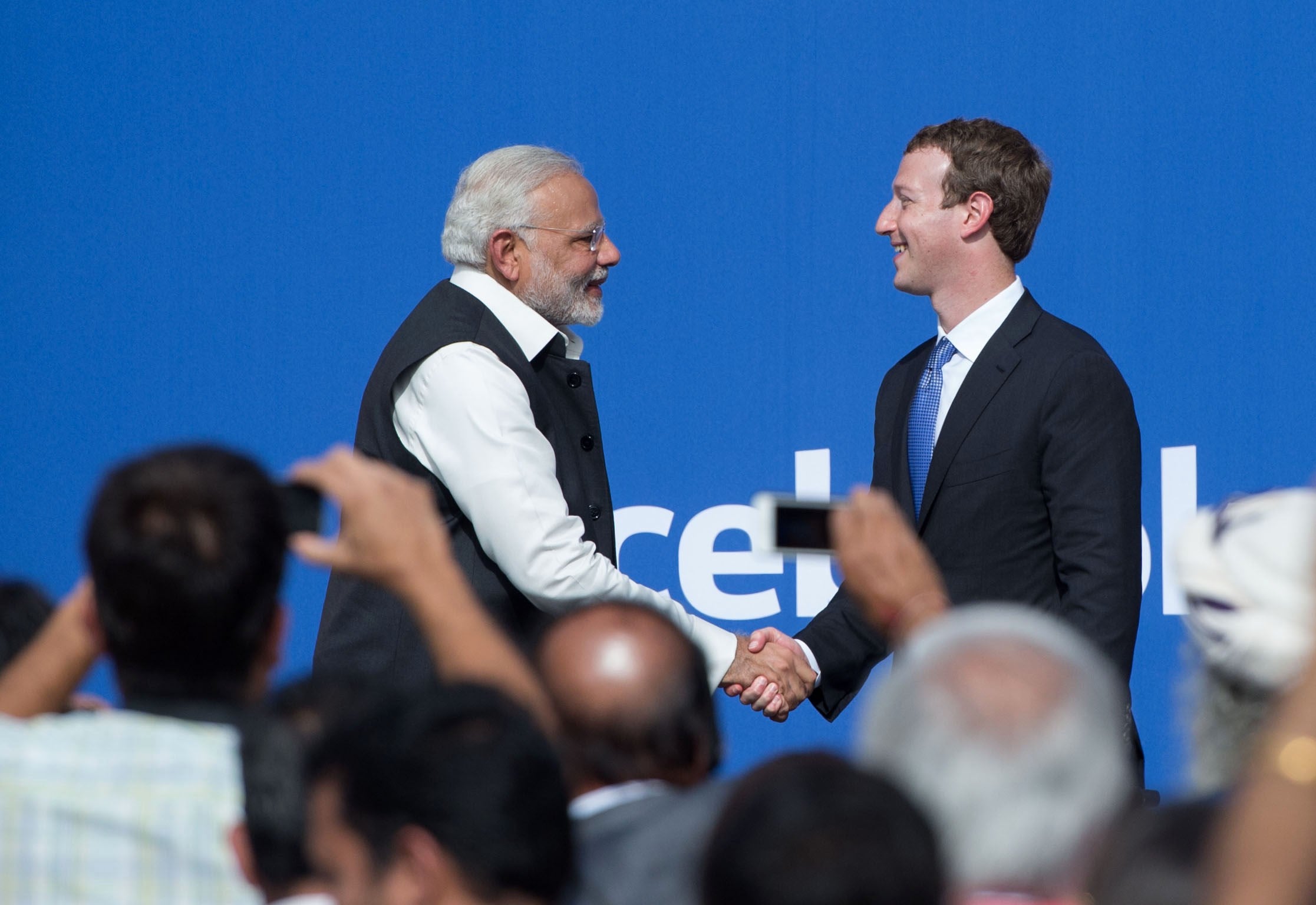Three out of four Americans say Facebook is making society worse
Many identify platform as major source of disinformation

Your support helps us to tell the story
From reproductive rights to climate change to Big Tech, The Independent is on the ground when the story is developing. Whether it's investigating the financials of Elon Musk's pro-Trump PAC or producing our latest documentary, 'The A Word', which shines a light on the American women fighting for reproductive rights, we know how important it is to parse out the facts from the messaging.
At such a critical moment in US history, we need reporters on the ground. Your donation allows us to keep sending journalists to speak to both sides of the story.
The Independent is trusted by Americans across the entire political spectrum. And unlike many other quality news outlets, we choose not to lock Americans out of our reporting and analysis with paywalls. We believe quality journalism should be available to everyone, paid for by those who can afford it.
Your support makes all the difference.Americans have an overwhelmingly negative view of Facebook’s role in society, according to a CNN poll published on Wednesday.
The survey, conducted by SRSS for the network between 1-4 November, found that 76 per cent of Americans say that Facebook makes societies around the world worse. The feeling was shared by Americans of all political affiliations, but especially Republicans.
Respondents were split nearly in half, however, over whether blame for the platform’s negative effects lay with the site’s administrators or its users. Fifty-five per cent said the users were primarily at fault; 45 per cent said the opposite.
Another major finding of the poll was that nearly half of respondents said they knew someone, either a family member or close friend, who had been taken in by a conspiracy theory as a result of exposure to the ideas on Facebook’s platform. That number was higher among younger respondents, 61 per cent of whom said someone close to them had taken up conspiracy theories they found on Facebook.
The Independent has reached out to Facebook for comment on the survey’s findings.
The company has undergone a name change in recent days, now officially calling its company “Meta” while leaving the Facebook platform name as is. The new name comes as the social media giant is facing a sustained atmosphere of criticism from lawmakers on Capitol Hill, the news media, and others over its role as a haven for misinformation about political issues ranging from the 2020 election to Covid-19 in the US. Similar issues are plaguing Facebook communities around the world.
Facebook officials have repeatedly defended the company’s image and efforts to purge purveyors of false information about charged political issues from the platform, and denied accusations from whistleblower Frances Haugen claiming that the site’s algorithms encourage the spread of divisive, hateful and false content.
More than half of the CNN poll’s respondents, 54 per cent, said Facebook’s algorithms had recommended content to them that they found objectionable. That number was again higher among younger users.
The company also faces separate concerns about the use of its services, namely Instagram, by young adults and teens. It shuttered plans to launch “Instagram Kids” earlier this year while Ms Haugen has alleged that the company hid internal studies proving that use of its platform was linked to body image issues among young teens.
“Facebook knows things like engagement-based ranking on Instagram can lead children from very innocuous topics, like healthy recipes, to anorexia-promoting content over a very short period of time,” the data scientist-turned-whistleblower told Congress last month.
Most Americans say they don’t trust Facebook and other tech firms to manage social media content by themselves.
According to the poll, 71 per cent of Republicans and 58 per cent of Democrats do not believe top tech companies will always act in users’ best interests. Just over a third of all respondents say they at least somewhat trust such companies to do so.
CNN’s survey was based on responses from 1,004 adults with a margin of error of 4.0 percentage points.
Join our commenting forum
Join thought-provoking conversations, follow other Independent readers and see their replies
Comments